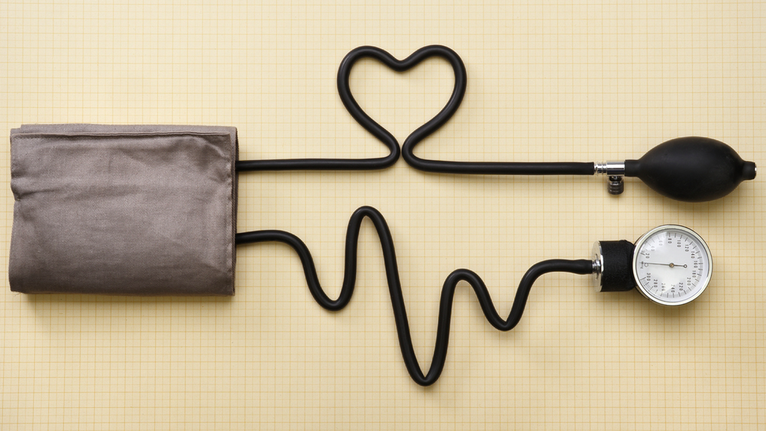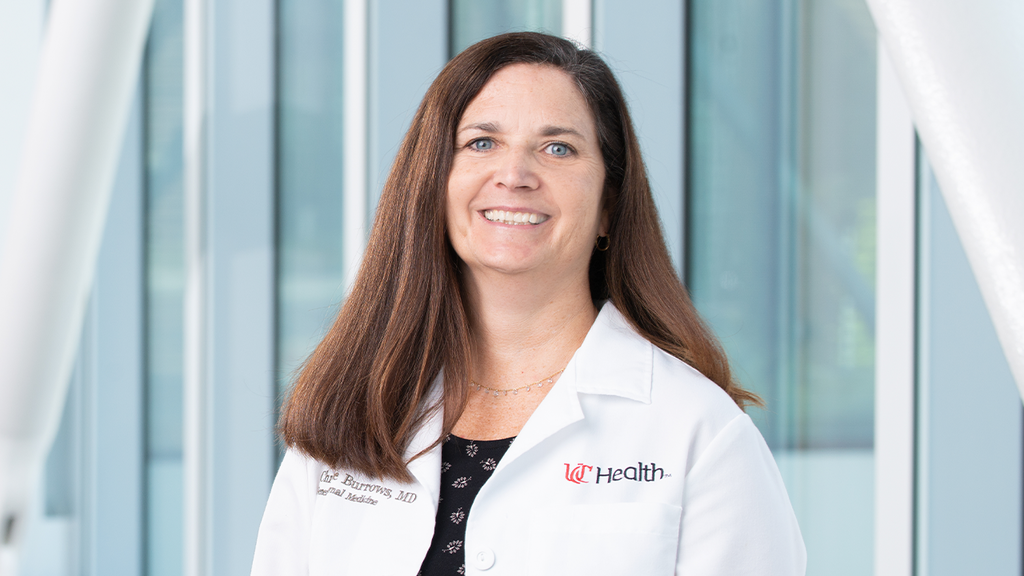Child and Gender-Specific Blood Pressure Differences
High blood pressure doesn’t just affect adults—your child's healthcare provider will evaluate your child's blood pressure based on their age, gender and height percentile, which is called a blood pressure percentile. Blood pressure should be checked in all children and teens older than 3 years of age every time they see their healthcare provider.
Treatment for Hypertension and Lifestyle Habits
While hypertension can’t be cured, it is very treatable, and sometimes even preventable with a better understanding of the impact that diet, exercise and stress can have on health. Early interventions can prevent damage to your heart, brain, kidney function and eyes.
The first step in treating high blood pressure is changes to your lifestyle. These steps can help control your blood pressure:
- Choose foods that are low in salt (sodium) and limit fast food.
- Incorporate at least four to five servings a day of fruits and vegetables into your diet.
- Aim for 30 minutes of cardiovascular exercise at least four days a week.
- Stay at a healthy weight or lose weight if you are overweight.
- Drink fewer or no alcoholic beverages.
- Get enough quality sleep.
- Quit smoking.
- Use stress management tools to relax.
Types of Blood Pressure Medications
Your healthcare provider may prescribe one or more medications to control high blood pressure. There are several types of medications, and you may need to take more than one. The types of medications include:
- Diuretics. Removes excess fluids and salts from the body through urine.
- Beta-blockers. Blocks a hormone that increases the heart rate and blood pressure.
- ACE inhibitors. Reduces the production of an enzyme that makes blood vessels constrict.
- ARBs. Prevents angiotensin from affecting the heart and blood vessels.
- Calcium channel blockers. Reduces the amount of calcium in blood cells causing them to widen.
- Alpha-blockers. Blocks a hormone that constricts blood vessels.
- Central agonists. Stimulates a receptor in the brain that lowers blood pressure.
- Vasodilators. Relaxes blood vessels.
Risks and Side Effects of Blood Pressure Medication
Blood pressure medications may cause side effects. Never skip a day or decide not to take your medication because you have side effects or don't feel that your blood pressure is high. Remember—high blood pressure often has no symptoms. Contact your healthcare provider about side effects and possible solutions. There are many medication options available, and the goal is to find the right treatment to get your blood pressure to a healthy level, without causing any unwanted side effects.
Monitoring your blood pressure at home can be a good way for you and your healthcare provider to learn how your blood pressure changes during the day. Not all blood pressure monitors are accurate, and the correct size of the cuff is important to obtain accurate readings. No matter what kind of monitor you use, take it with you to your provider's office—you can compare it with the monitor in the office and check that it is accurate.
Q&A: Common Questions Around High Blood Pressure
- How often do I need to test my blood pressure? Take readings as often as your healthcare provider advises. Be sure to wait until at least an hour after you have taken your medication to check it.
- What is the link between blood pressure and kidney disease? High blood pressure that isn't controlled can damage the walls of the blood vessels in your body, including those in the kidneys. If that happens, the kidneys are less able to filter your blood, which could ultimately result in kidney failure requiring dialysis,
- What is the ideal range of blood pressure? Normal blood pressure is systolic of less than 120 and diastolic of less than 80 (120/80).
- Does alcohol raise blood pressure? Alcohol can make the blood vessels stiff and raise blood pressure.
- What causes hypertension? Genetics, ancestry, lifestyle choices and certain medical conditions, such as sleep apnea, can cause high blood pressure. The rate of high blood pressure in African Americans is among the highest of any ethnic group in the U.S
High Blood Pressure Myths Examined
Knowledge is the key to conquering hypertension. Here are the truths behind some widely believed myths about this disease.
- Having an aggressive or anxious personality. Despite the name hypertension, there is no link between the disease and anxiety or personality. However, your body’s response to chronic stress can increase your risk for high blood pressure.
- Women don’t have high blood pressure. Of the estimated 108 million adults who have high blood pressure, 43% are women. After menopause, a woman’s risk of developing hypertension is higher than males of the same age. In some women, pregnancy or taking birth control pills can make blood pressure rise.
- It is a normal part of aging. High blood pressure can strike anyone at any age—but adopting a healthy lifestyle can help prevent it. Making healthy choices every day is a winning strategy, and doing so reduces your risk of developing hypertension and lowers your chance of developing many other serious diseases.
Primary care physicians, like Dr. Burrows, are accepting new patients—and they offer in-person visits as well as virtual visit options. To schedule an appointment with UC Health Primary Care, call 513-475-8001.


